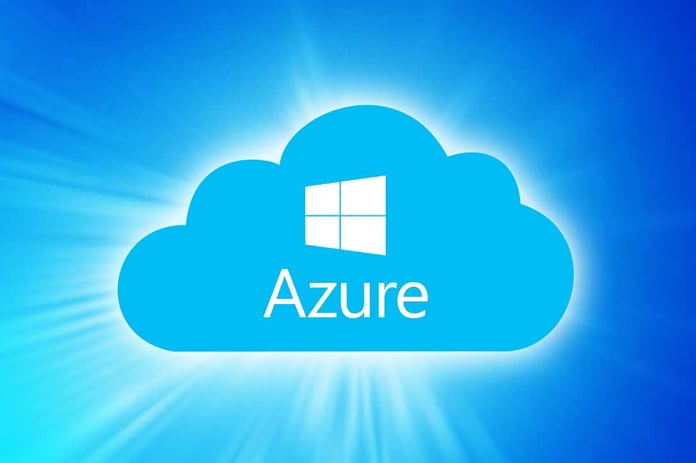In a little less than a year, Microsoft will end support for SQL Server 2008 and 2008 R2. But businesses looking to eke a few more years out of their existing database investments, minus their server hardware expenditures, can buy more time by moving to the cloud.
Takeshi Numoto, corporate vice president of Cloud + Enterprise at Microsoft, on July 12 reminded the database administrator and developer communities that SQL Server 2008 and 2008 R2 support comes to end on July 9, 2019. While they may continue to run their databases on those older versions, it may not be prudent to do so without Microsoft support, he cautioned.
When Microsoft pulls the plug on a software product, it effectively means the end of security updates. That is, unless a customer pays for premium support, an option typically reserved for the biggest and wealthiest enterprise customers that can afford Microsoft’s bespoke support services. Everyone is likely to accept the costs of upgrading to a newer version like SQL Server 2017.
It may be impractical for organizations to upgrade their databases in the time allotted since many of them attached to critical workloads. So, Microsoft is giving SQL Server 2008 and 2008 R2 deployments a new lease on life, provided they are migrated to the cloud.
Numoto announced “that Extended Security Updates will be available for free in Azure for 2008 and 2008 R2 versions of SQL Server and Windows Server to help secure your workloads for three more years after the end of support deadline,” in a blog post. “You can rehost these workloads to Azure with no application code change.”
Businesses will have another migration option sometime in the fourth quarter of 2018. That is when Microsoft is planning the general availability release of Azure SQL Database Managed Instance, a managed database-as-a-service product that will enable customers to move their SQL Server 2008 and 2008 R2 databases “with no application code change and near zero downtime,” Numoto stated.
In fact, the technology giant has its sights set on enterprise database workloads besides those running on SQL Server.
Microsoft is adding Azure Database for MySQL and PostgreSQL support to its Azure Database Migration Service by the end of July 2018, said Julia White, corporate vice president of Microsoft Azure, in a separate announcement. Currently in limited preview, the service supports SQL Server migrations to Azure SQL Virtual Machines as well as Oracle databases to Azure SQL Database or Azure SQL Database Managed Instances.
Finally, Microsoft is offering a new Solid-State Drive storage migration option for businesses that want to transfer databases and other types of workloads to Azure.
A new Azure Data Box option called Data Box Disk allows customers to load up specialized drives with encrypted data and ship them back to Microsoft, where the company copies the data into a customer’s storage accounts. In the case of Data Box Disk, Microsoft ships 40TB of SSD storage capacity overnight to enable customers to copy their data using a SATA or USB connection and return it to Microsoft.
